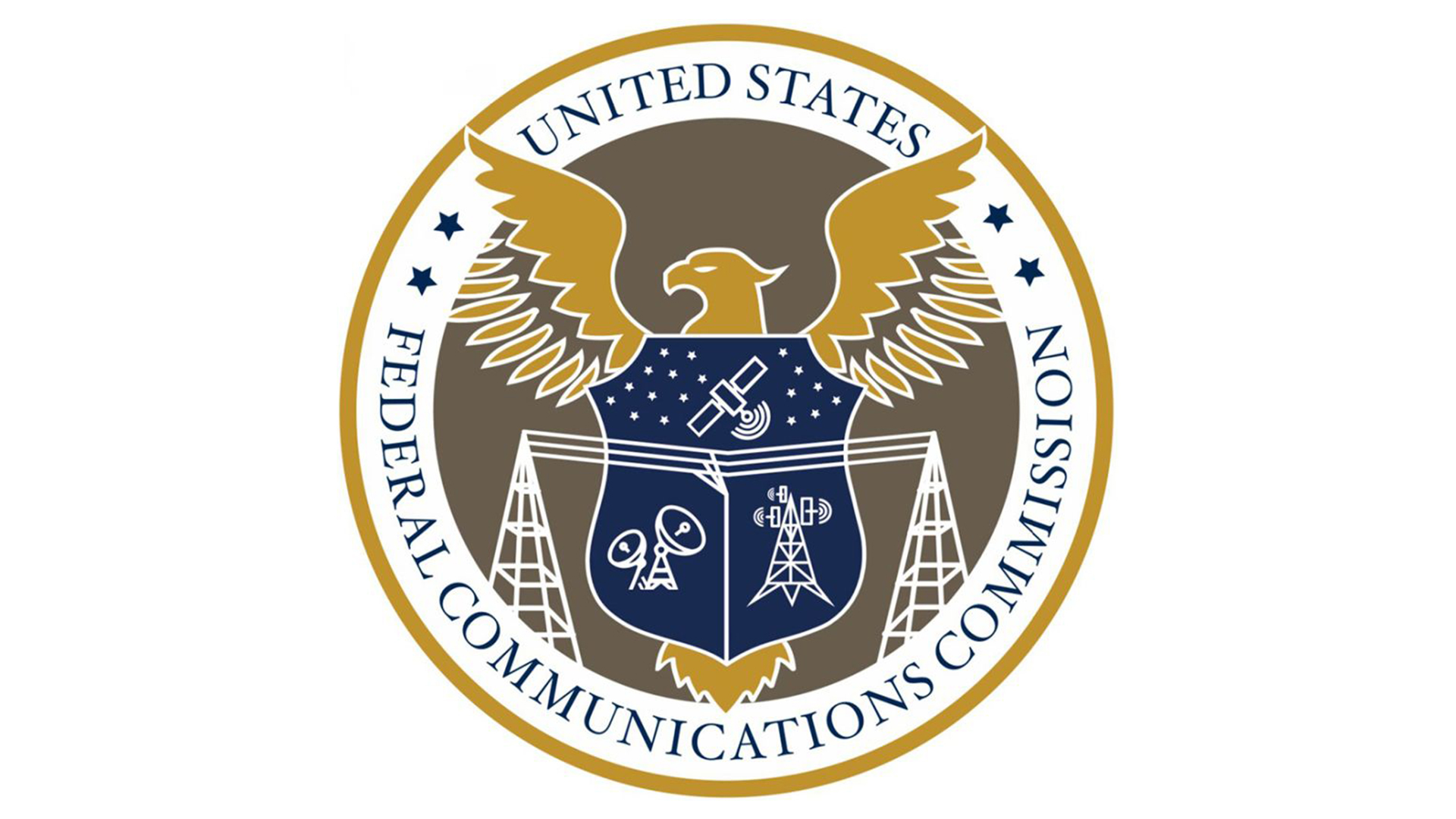China Telecom Touts Security
Comes as FCC launches license revocation proceeding

The smarter way to stay on top of the multichannel video marketplace. Sign up below.
You are now subscribed
Your newsletter sign-up was successful
China Telecom (Americas) appears to be working hard to try and prevent the FCC from revoking its licenses to operate in the U.S.
On Thursday (Dec. 10), the FCC voted unanimously to initiate a revocation proceeding against the company after several federal agencies recommended that action, citing the company as a national security threat. The FCC suggested such revocation was warranted "based on the 'substantial and unacceptable national security and law enforcement risks associated with [China Telecom Americas’] continued access to U.S. telecommunications infrastructure.'"
Also Read: FCC Says China Telecom Has Some Explaining to Do
On the same day the FCC voted to launch the revocation proceeding, China Telecom (Americas) announced that it had been accepted into the Mutually Agreed Norms for Routing Security (MANRS). MANRS is "a global initiative, supported by the Internet Society, that provides crucial fixes to reduce the most common routing threats."
"Even though internally it is always clear to us that we are committed to providing the most secure and reliable networks for our customers, joining MANRS is an unequivocal demonstration to the outside world of that commitment," said company president Xu Tan in a statement.
Also Read: FCC Flags More Chinese Telecoms
In April, the FCC issued a "show cause" order to China Telecom (Americas) directing it to justify why the FCC should not start revocation proceedings.
As with ZTE and Huawei, whose tech the FCC has tentatively found to be suspect and in need of replacing, the FCC's issues with China Mobile were concerns that current or potential Chinese government influence could make them a national security threat to the network security of critical 5G nets in the U.S.
China Telecom's announcement also came the same day the FCC made it official that Huawei tech would be excluded, ripped and replaced from any U.S. nets funded with government money.
The smarter way to stay on top of the multichannel video marketplace. Sign up below.
Contributing editor John Eggerton has been an editor and/or writer on media regulation, legislation and policy for over four decades, including covering the FCC, FTC, Congress, the major media trade associations, and the federal courts. In addition to Multichannel News and Broadcasting + Cable, his work has appeared in Radio World, TV Technology, TV Fax, This Week in Consumer Electronics, Variety and the Encyclopedia Britannica.

